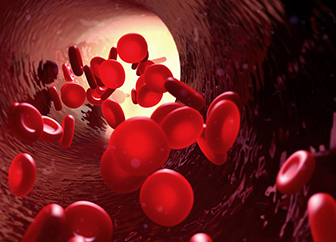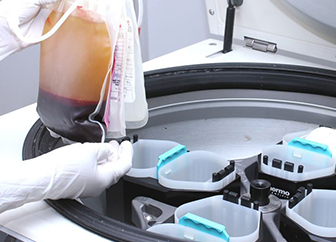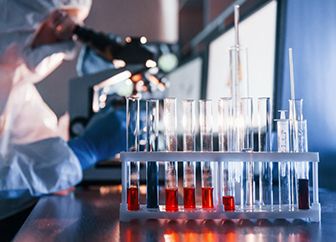Overview
An Innovative Approach to Treatment

Centre For Complex Haematology Disorders

State-of-the-art Infrastructure

Well Trained Supportive Start

Comprehensive Haemtological Care Centre
We Specialise in the Treatment of
- Aplastic Anemia
- Clotting Disorders
- Bleeding Disorders Like Hemophilia
- Primary Immunodeficiency Disorders
- HLH (Hemophagocytic Lymphohistiocytosis)
- Multiple Myeloma
- Lymphoma
- Leukemia
- Thrombotic Microangiopathy
- Refractory Anemia
- Myeloproliferative Syndrome
- Myelodysplastic Syndrome
- Thrombocytosis (High Platelet Count)
- Thrombocytopenia (Low Platelet count)
- Leukopenia (Low WBC)
- Leukocytosis (High WBC)
- Polycythemia


